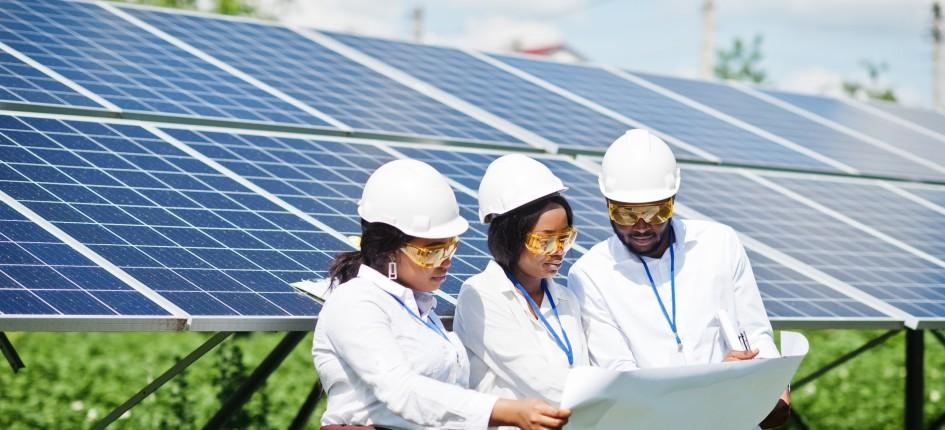The Cleantech sector foremost in the Western and Eastern Cape host an array of opportunities to work with the privat sector, the municipalities, the cities.
Atlantis, the Special Economic Zone (SEZ) is a specifically designed zone in the Cleantech eco system and is very eager to host foreign companies to coordinate there business not only for South Africa but for the whole region out of South Africa. A sophisticated incentive package underlines these efforts. An emphasis is laid out for social inclusion, low carbon and resource efficient projects
South Africa currently has chronic power shortages with regular load reductions, so called “load-shedding” occurring since 2007. The country’saging fleet of coal-fired power stations with high unreliability will be retired in stages. Up to 2030 about 10500MW’s will be retired and they will need to be replaced with more environmentally friendly energy sources. There is a strong emphasis on Renewable Energy & Gas in the Integrated Resource Plan (IRP) . The Department of Energy has a program of procurement from Independent Power Producers (IPP’s) to replace these megawatts. Exporters can obtain lead time information of Power Programs which are planned by the Department of Energy and thus know which products and components will be required in those projects and the extent of market demand.
With a high need to roll out a more diversified electricity mix an array of various energy sources will be invested in – this goes hand in hand with a diminishing focus on coal utilization in energy production.
The top 5 Cleantech subsectors are:
- Solar Energy
- Wind technology (Wind turbines)
- Waste to Energy
- Big scale battery storage solutions
- Desalination technology
In the year 2022 the Department of Energy plans alone to procure 513MW of energy storage technology, 1000MW of energy from Solar PV and a further 1600MW of energy from Wind turbine technology. In addition, 500MW of distributed generation in the same time period will be procured from private sector.
On 25 September 2020, the Minister of Energy signed a Section 34 Determination setting out exactly how government will go about procuring what is stated in the IRP.
The local maket can envisage a request for proposals to be released in the coming weeks from the IPP office under the Renewable Energy Power Produce Procurement Programme (REIPPPP). Once this materializes, IPP bidders will commence their development of projects capable of filling the associated energy gaps in the IRP. There is also local content policy which exists, which requires that certain percentage of projects be procured locally.
Further; Municipalities in good financial standing have the ability to now procure power independently from the private sector. This is an additional sink for manufactured components utilised in the IPP projects capable of supplying power to Municipalities.
All these initiatives from the South African Government suggest that it opens up the opportunity to manufacture certain components, e.g. larger components associated to wind turbines, battery storage units, PV solutions and waste to energy solutions.
The current and ongoing problem with water shortage, droughts and influx of residents in areas with low water storages inclines the need for better usage in water solutions, desalinations, detection of leaks as well as other unremunerated losses.






